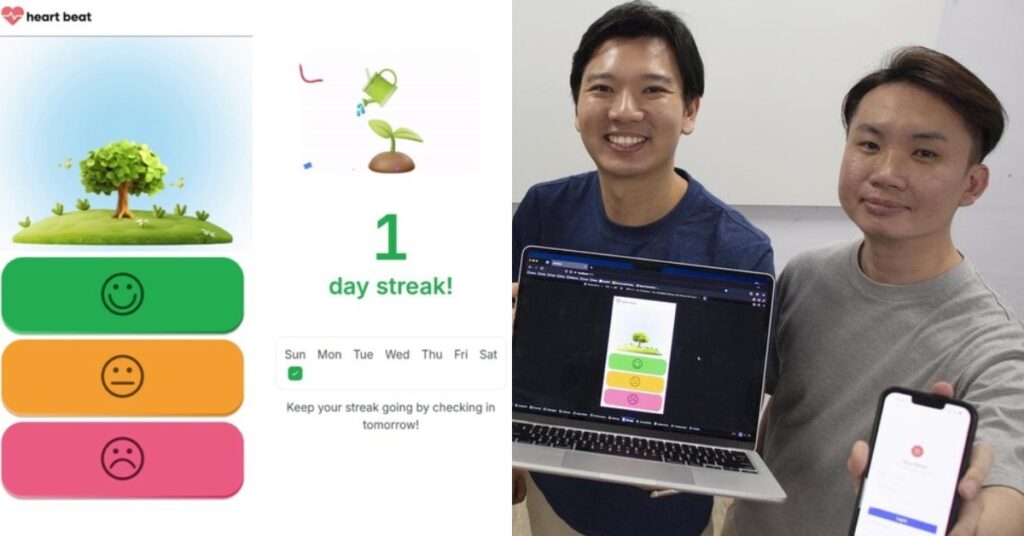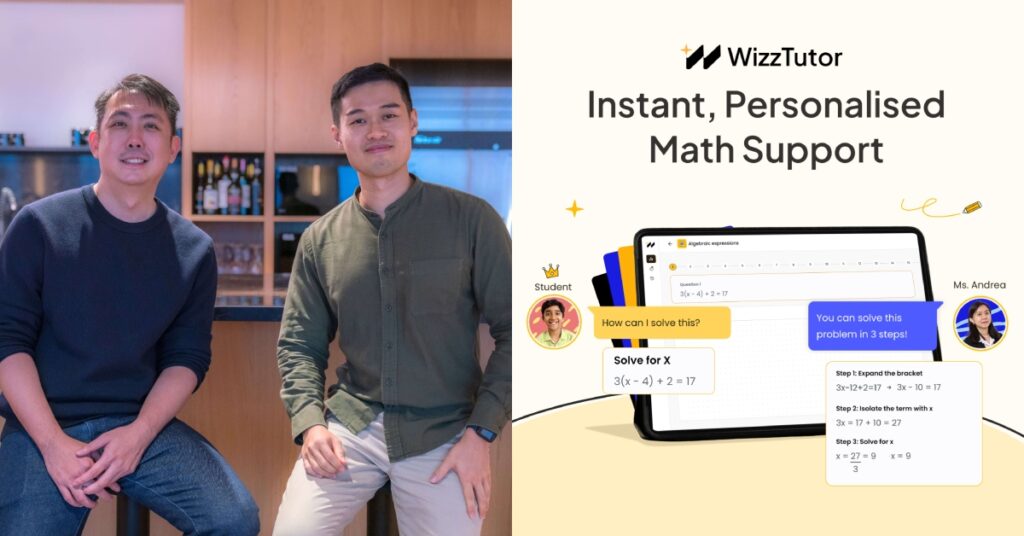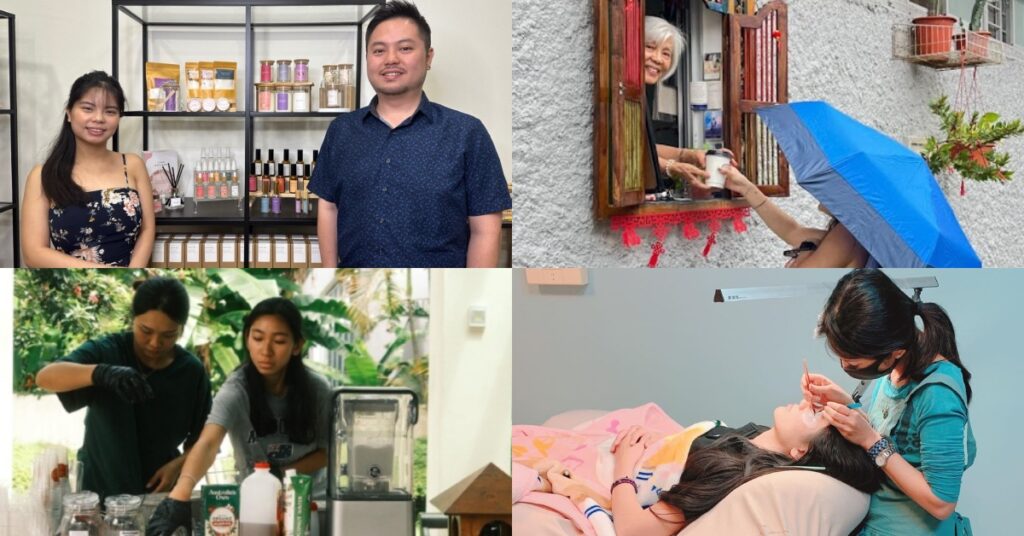[This is a sponsored article with the Singapore Government Partnerships Office.]
Behind the walls of a modest flat in Queenstown, a man in his sixties died alone. For days, neighbours at Block 49, Stirling Road, dismissed the lingering smell as trivial.
It wasn’t until the stench became unbearable and repeated knocks went unanswered that residents called the police, who, upon entry, found his lifeless body on Jun 12—days after his death.
Tragically, Ah Fei’s story isn’t isolated. With Singapore’s population ageing and household sizes shrinking, such cases may become increasingly common.
In fact, the number of seniors aged 65 and above living alone rose from 58,000 in 2018 to 79,000 in 2022, and is projected to be around 122,000 by 2030. By then, one in four Singaporeans is expected to be 65 or older.
This is the very issue HeartBeat aims to address. An easy-to-use app where seniors can check in once a day, HeartBeat gives peace of mind to their caregivers and ensures that help can reach them when it’s needed most.
Sending a daily “heartbeat”
HeartBeat was conceived during the 2024 Build for Good Hackathon, an initiative by Open Government Products (OGP).
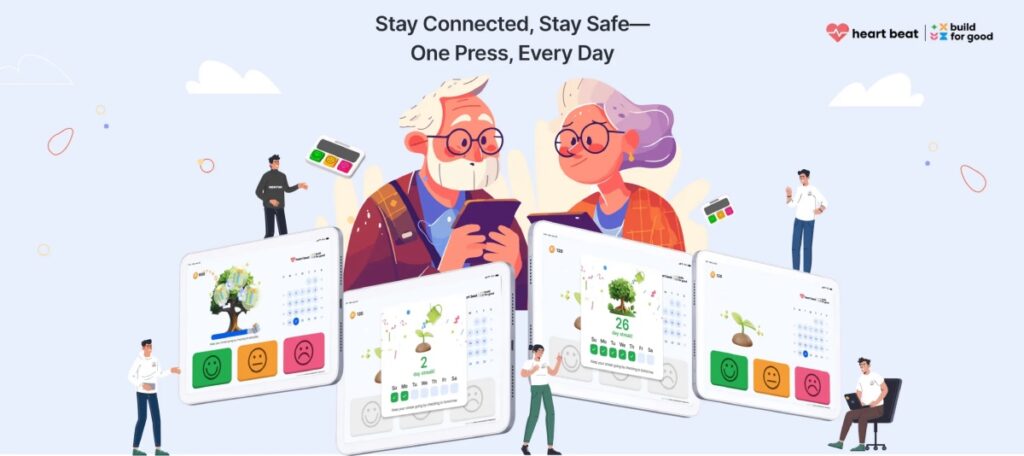
For the first time, the hackathon partnered with the Singapore Government Partnerships Office (SGPO) to foster deeper co-creation between government agencies and citizens.
SGPO brought in public sector subject matter experts to share real-world problem statements, ensuring that hackathon participants could tackle pressing social issues facing the country. One of these challenges highlighted the growing concern of seniors living in isolation—a problem that inspired the creation of HeartBeat.
Behind the app is a four-member team led by Chen Zhihan, a data scientist, and Royce Hoe, a senior software engineer.
It all began with a simple but powerful concept: an app that lets seniors send a quick daily “heartbeat” in the form of an alert to their caregivers, signalling that they are safe and well.
Tapping on the $5,000 Build for Good Starter Fund that helps shortlisted hackathon participants turn their public good solutions into reality, the team began experimenting.
What started as a physical Tamagotchi-like device evolved through countless iterations and user feedback until they arrived at their current design: a simple mobile web app with three emoji-like buttons: “Happy,” “Okay,” and “Sad.”
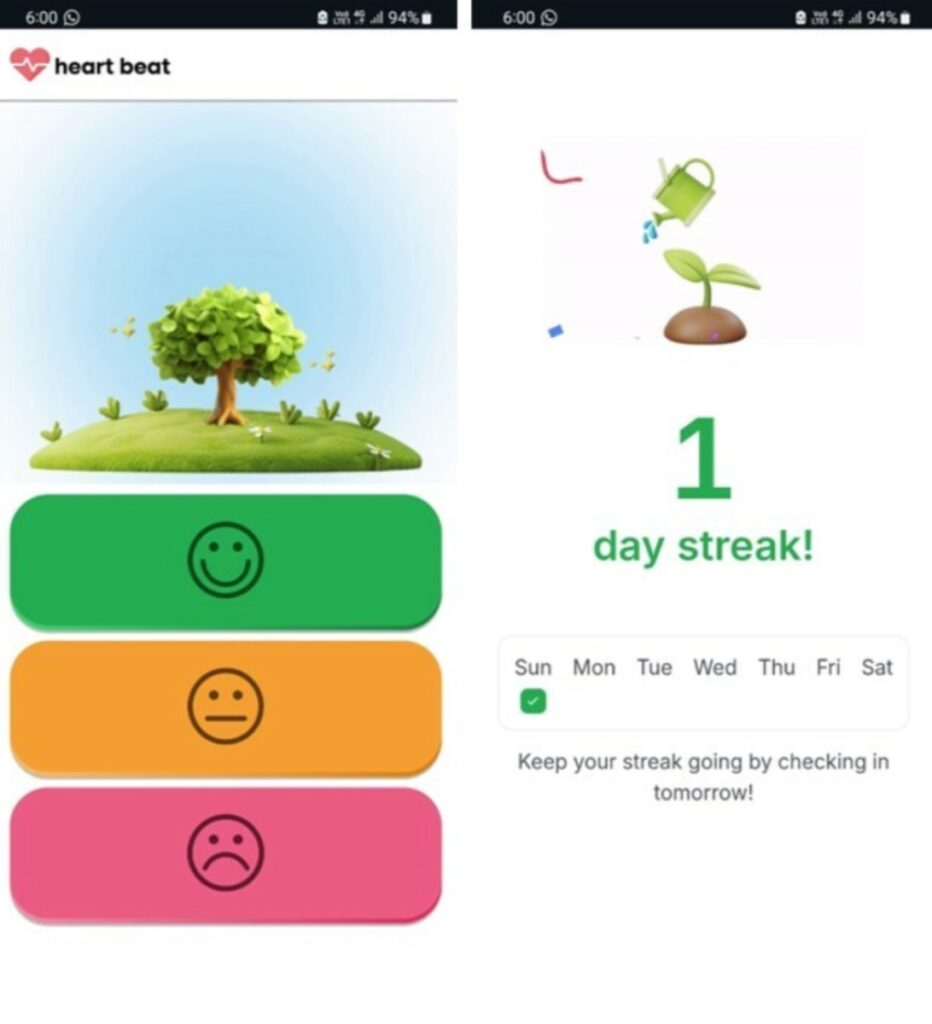
Through this design, HeartBeat attempts to address two key challenges:
- 24/7 monitoring of the physical & emotional well-being of care recipients
- Managing the resources of caregivers
Each day, care recipients can check in through the app. If they don’t, their caregivers receive an automatic alert via WhatsApp.
To address emotional well-being, the app also tracks mood patterns. If a care recipient logs more than a set number of consecutive “Sad” responses, the system notifies their caregiver, enabling timely emotional support.
HeartBeat also allows a caregiver to look after any number of care recipients. Through an administrator account, caregivers can view all their care recipients’ mood check-ins in one centralised dashboard, making it easier to monitor multiple individuals efficiently.
Building the app was the easy part
When it came to creating HeartBeat, the team focused on making it “small, effective, and with little bloat as possible.”
“We wanted to create an application that was so intuitive to use, any untrained person would know how to use it just by looking at it,” said Royce. After all, ease of use was critical, especially for seniors.
Initial user testing, including a pilot run at Braddell Heights, offered valuable insights to the team. They discovered that some early features didn’t connect with seniors, which prompted a cycle of trial and error.
However, one encouraging insight emerged: many seniors already owned smartphones, presenting an opportunity for wider adoption. “Seniors are looking for something simple that integrates seamlessly into their lives, becoming a habit,” noted Zhihan.
With the design refined, the real challenge began—not in coding, but in putting HeartBeat into the hands of those who needed it. Royce admitted that rolling the app out was far harder than building the app.
Fortunately, support from OGP and SGPO helped accelerate the rollout. By connecting the team with key partners, including Agency of Integrated Care, Ministry of Health, Asian Women’s Welfare Association, Dementia Singapore, Caregivers Alliance, Public Service Division (SupportGoWhere), as well as several People’s Association networks, they enabled access to networks, resources, and on-the-ground insights that were crucial in navigating operational challenges.
These partnerships also helped the team better understand the caregiving landscape—from the real challenges caregivers face to how existing services are used.
By connecting us to caregivers on the ground, we could build something real and grounded in lived experience.
Creating a 360-degree caregiving co-pilot
HeartBeat will soon be integrated into CareCompass, another solution developed during the 2024 hackathon. As part of this integration, HeartBeat’s functionality will become a new feature within the CareCompass app.
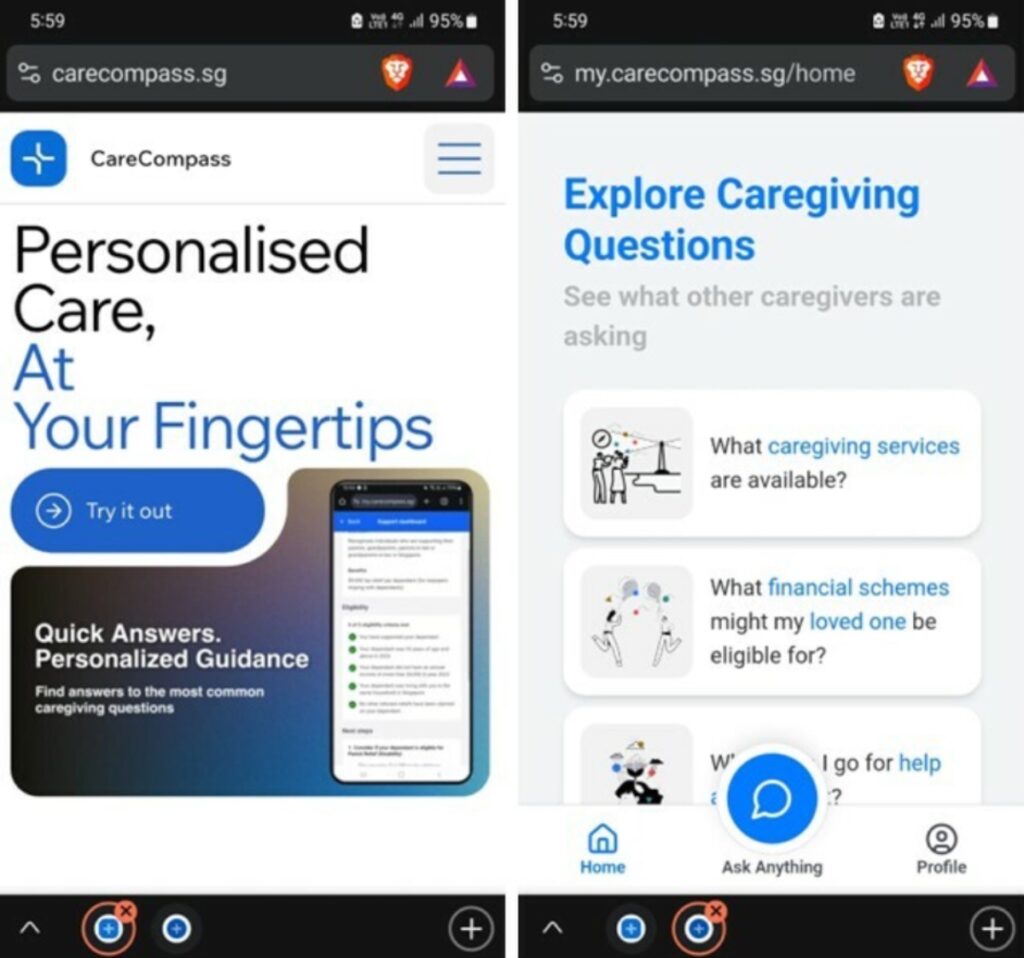
CareCompass is a free app that helps caregivers of dementia patients find essential information, from care services and maid agencies to available subsidies and support systems.
The integration prioritises seniors’ user experience. While HeartBeat’s functions will be added to CareCompass, the HeartBeat app will remain as an icon on seniors’ phones, allowing them to continue using it easily as part of their daily routine.
For caregivers, the merger creates a more holistic platform. Within CareCompass, HeartBeat will appear as a dedicated “card”, enabling them to monitor their loved ones’ well-being alongside other caregiving resources.
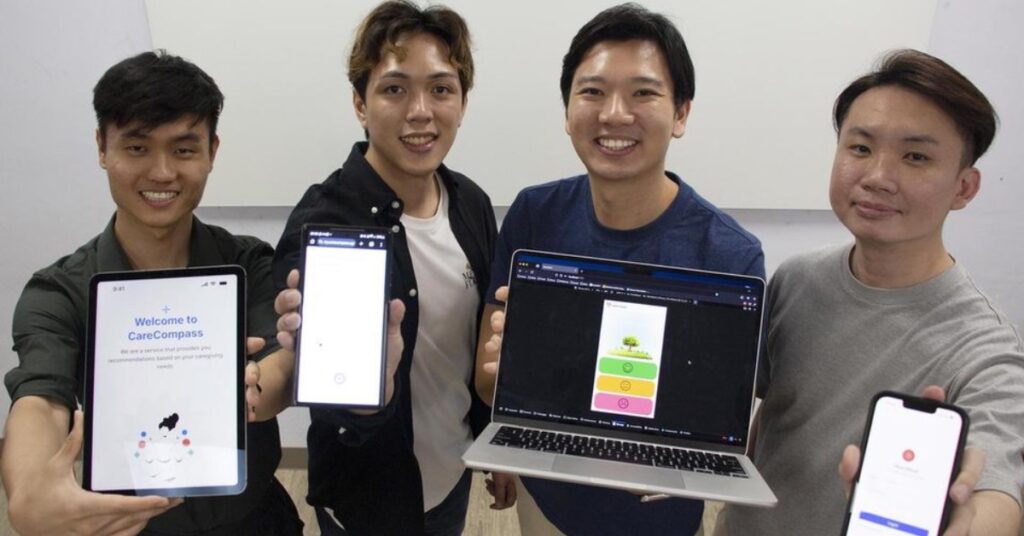
Ultimately, the teams behind HeartBeat and CareCompass are working towards creating a 360-degree caregiving co-pilot—one that eases the emotional burden, makes caregiving feel less isolating, and provides vulnerable seniors with an effective early detection system.
Looking back on the team’s journey, Royce described it as “profoundly meaningful” because it exemplifies how citizens can proactively address community issues.
The citizen-government partnership proves that collective action can significantly improve the lives of Singaporeans. We hope that [our journey] inspires everyone to play a part, recognising that every individual action can indeed cause a huge and positive reaction for our nation.
Learn more about HeartBeat and CareCompass, or discover other citizen-led initiatives through the Build For Good programme. If you are inspired to contribute, submit your own community project proposals through the SGPO site for guidance and support.
Featured Image Credit: SGPO/ HeartBeat


